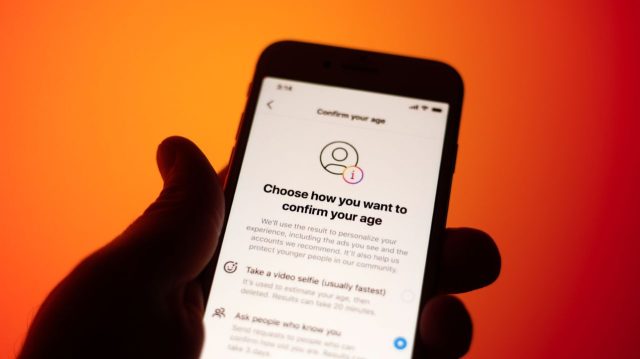
What happened
The Supreme Court Thursday rejected an emergency appeal to pause Mississippi’s controversial social media age verification law. There were no dissents noted in the brief, unsigned opinion.
Who said what
NetChoice, the tech industry group that filed the appeal, argued that Mississippi’s law “threatens privacy rights and unconstitutionally restricts the free expression of users of all ages,” not just those under 18, said The Associated Press. A federal judge had agreed and blocked the law from taking effect for major social media platforms, but a three-judge panel of the U.S. 5th Circuit Court of Appeals paused that order in a “one-sentence ruling” in July, “without explaining its reasoning,” Reuters said.
Mississippi’s law is “far broader” than a Texas age-verification statute for online pornography that the Supreme Court upheld in June, said NPR. Unlike the Texas legislation, Mississippi “requires all users to verify their ages” for access to “common social media sites,” not just adult material. Justice Brett Kavanaugh said in a concurring statement that NetChoice had convinced him its challenge was “likely to succeed” on First Amendment grounds but failed to demonstrate that the “balance of harms and equities favors it at this time.”
What next?
Mississippi’s law can now take effect while legal challenges play out. NetChoice’s Paul Taske called Thursday’s decision “an unfortunate procedural delay.”
The court refused to intervene in a decision that affirmed a Mississippi law requiring social media users to verify their ages




